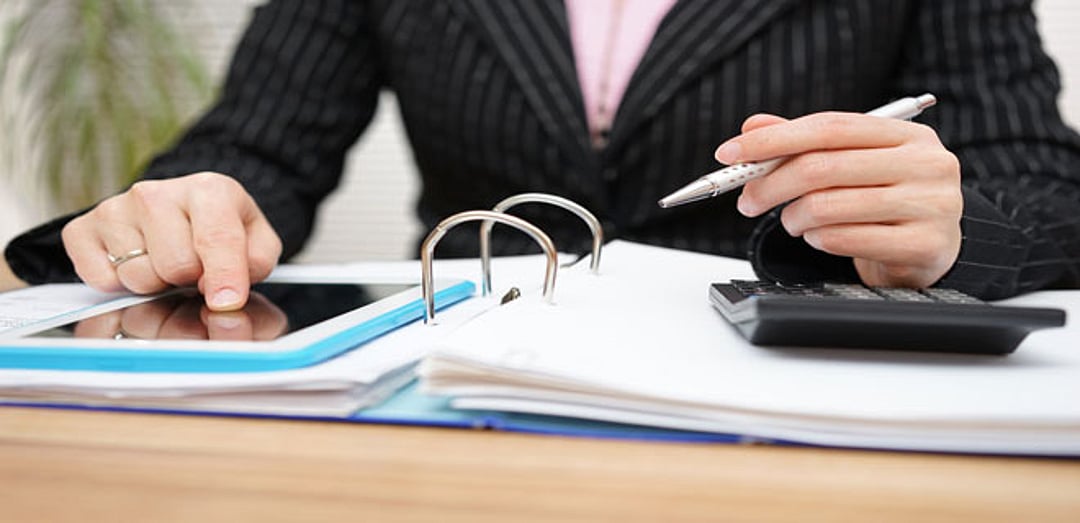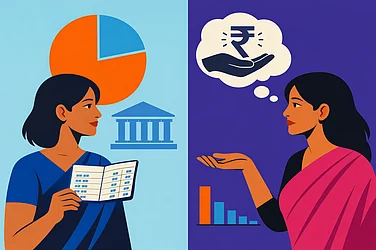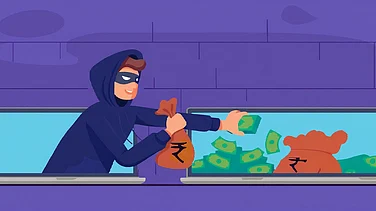Your 20s and 30s are filled with life transitions such as establishing a profession, being independent, getting married, and starting a family. These are exciting years, but the financial decisions you make at this time can have implications for the future. Among the most essential skills to develop is the ability to manage debt wisely.
Some young adults incur early debt without even recognizing it. It gets more challenging without a plan, particularly when daily costs are combined with obligations like credit cards, personal loans or school loans, which can cause debt to accumulate over time.
1. Understand Your Debt
The first step in debt management is to realize precisely how much you owe. Check the balances on all of your credit cards, loans and other debts. Keeping all of this information in one place will allow you to see your finances properly. This enables you to order your repayments and make a coherent plan to pay off your debt, allowing you to approach becoming debt-free in a more strategic way.
2. Avoid Taking on New Debt
When you are already managing debt, it is easy to fall into the trap of taking on more, especially if a new credit offer seems convenient. But adding fresh debt can make things harder in the long run. Try to pause and ask yourself if the purchase is really necessary. Staying focused on clearing what you already owe will help you move forward with more confidence and less stress.
3. Limit Unnecessary Spending
Your 20s and 30s often bring various financial temptations, such as online shopping and frequent weekend getaways. However, debt management needs discipline and impulse spending control. It's critical to identify the factors that cause this impulsive spending, such as peer pressure, social media influence or boredom. You can gradually regain control of your finances by replacing unnecessary expenses with small rewards that fit your budget. This change in behaviour not only helps to reduce debt but it can also improve your financial mindset.
4. Use Credit Wisely
Consider a credit card as a tool, not a lifeline. Your financial situation is heavily influenced by the way you spend your money. If you consistently use your credit card to make purchases that you cannot afford in full, you should reconsider your spending habits. Try to use your credit card only for foreseeable expenses that you can afford to pay immediately. Keeping your balance low and making timely payments helps avoid interest charges and safeguards your credit score for future financial needs.
5. Prioritize Consistency in Debt Repayment
Debt cannot be paid off immediately; efficient debt management takes time. Try to make frequent, moderate payments rather than big, erratic ones. Establishing a routine, such as setting up automatic payments or regularly reviewing your finances, will help you remain on track. Even if progress is slow, you can gradually reduce your debt without feeling overwhelmed.











